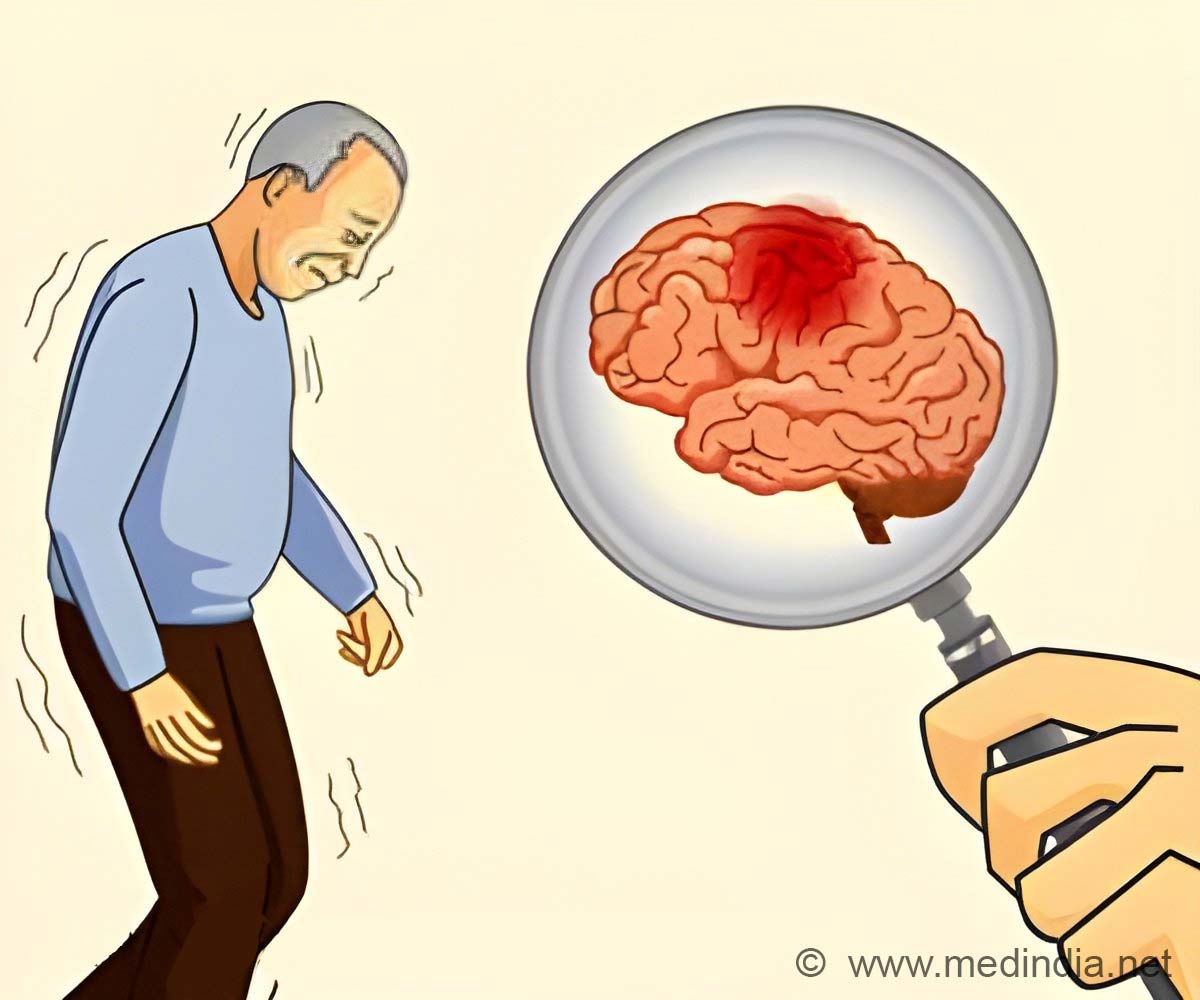Older people taking statins have a lower chance of developing parkinsonism later compared to people who were not taking statins.

‘Patients using statins may have a lower risk of parkinsonism and that may be partly caused by the protective effect of statins on arteries in the brain.’
Read More..




Statins are drugs used to lower cholesterol in the blood and protect against atherosclerosis, a buildup of plaque in the arteries that can lead to hardening of the arteries, heart attack, and stroke.Read More..
“Our results suggest people using statins may have a lower risk of parkinsonism and that may be partly caused by the protective effect statins may have on arteries in the brain,” said study author Shahram Oveisgharan, MD, of Rush University Medical Center in Chicago.
“Our results are exciting because movement problems in older adults that come under the umbrella of parkinsonism are common, often debilitating, and generally untreatable.”
The study looked at 2,841 people with an average age of 76 who did not have parkinsonism at the start of the study. Of those, 936 people, or 33%, were taking statins.
Researchers followed up with participants annually for an average of six years to check the statins they were taking and to test for signs of parkinsonism.
Advertisement
By the end of the study, 1,432 people, or 50%, developed signs of parkinsonism. Out of 936 people taking statins, 418 people, or 45%, developed parkinsonism six years later, compared to 1,014 out of 1,905 people, or 53%, of those who had not been taking statins.
Advertisement
About 79% of people on statin therapy were taking moderate or high-intensity statins. Researchers found that people taking higher intensity statins had a 7% lower risk of developing parkinsonism compared to those on low-intensity statins.
Researchers also examined the brains of 1,044 people who died during the study. They found those who had been using statins had, on average, 37% lower odds of having atherosclerosis compared to those who had not been using statins.
“More research is needed, but statins could be a therapeutic option in the future to help reduce the effects of parkinsonism in the general population of older adults, not just people with high cholesterol or who are at risk for stroke,” Oveisgharan said.
“At a minimum, our study suggests brain scans or vascular testing may be beneficial for older adults who show signs of parkinsonism but don’t have classic signs of Parkinson’s disease or do not respond to Parkinson’s disease medications.”
A limitation of the study is that parkinsonism evaluations were not performed by movement disorder specialists, so cases of Parkinson’s disease may have been misclassified.
Source-Medindia










